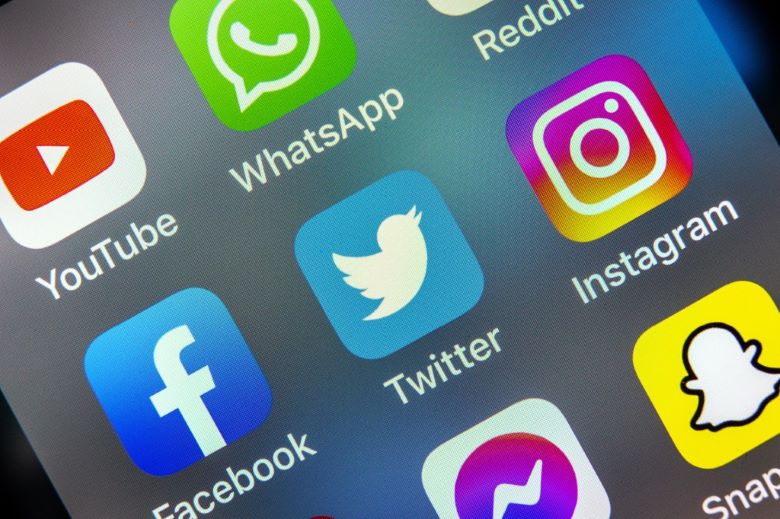
In today’s digital age, social media platforms have transcended their original purpose of connecting people, evolving into vast arenas where individuals share thoughts, express opinions and showcase their lives. However, the freedom of expression enjoyed online is not without boundaries. Certain online behaviors can potentially lead to legal troubles, turning an innocent post into the basis for a social media lawsuit. Understanding these pitfalls is crucial for digital citizens to navigate the complex web of online interactions safely. Here’s a closer look at online behaviors that might put you at risk of facing a lawsuit.
1. Defamation
Defamation, which encompasses libel (written statements) and slander (spoken statements), involves making false claims about someone that can harm their reputation and is one of the most common reasons one will face a social media lawsuit.
On social media, where comments are typed, libel is the primary concern. Posting unfounded accusations or claims about an individual or company that damage their reputation could see you facing a defamation lawsuit. It’s a common misconception that freedom of speech shields such actions; however, this protection does not extend to statements that are knowingly false or made with reckless disregard for the truth.
2. Copyright Infringement
The ease of sharing content on social media often leads to copyright infringement, sometimes unintentionally. Using someone else’s photograph, video, music or text without permission or appropriate credit can result in a lawsuit. This includes sharing memes that incorporate copyrighted material, posting background music in videos or even reposting articles and artwork. The misconception that anything found online is public domain has landed many social media users in legal hot water.
3. Harassment and Cyberbullying
Social media platforms can, unfortunately, be breeding grounds for harassment and cyberbullying. Engaging in behavior that targets another individual with the intent to shame, embarrass, threaten or otherwise harm can have legal consequences. Many jurisdictions have laws specifically addressing cyberbullying and online harassment, and victims can pursue legal action if they feel threatened or suffer reputational or emotional harm due to someone’s online actions.
4. Invasion of Privacy
In the digital world, privacy is a precious commodity. Sharing personal information about someone without their consent, especially if it’s sensitive or embarrassing, could constitute an invasion of privacy. This includes posting photos, videos or any private communication. Even if the information was obtained legally, sharing it without permission can lead to legal issues, particularly if it negatively impacts the person involved.
5. Breach of Contract
Many users do not realize that when they sign up for a social media platform, they agree to its terms of service, which often include clauses about content ownership and sharing. Violating these terms, such as by using the platform for unauthorized commercial activities, posting prohibited content or sharing copyrighted material without rights, can lead to a lawsuit. Moreover, employees may face legal action for social media behavior that violates non-disclosure agreements or company policies regarding online conduct.
6. Misrepresentation and Fraud
Creating a false identity or impersonating someone else on social media not only violates most platforms’ terms of service but can also have legal repercussions. This behavior can lead to charges of fraud, especially if used to deceive others for personal gain or to damage someone’s reputation. Misrepresentation extends to faking credentials or professional expertise on social media, which can result in lawsuits if such claims lead others to make decisions based on false information.
7. Trademark Infringement
Using trademarks, brand names or logos without permission or in a way that could confuse consumers is another potential legal minefield on social media. This includes using someone else’s trademark in your social media username, bio or content in a way that suggests affiliation or endorsement. Such actions can lead to trademark infringement lawsuits, with courts often siding with trademark owners to prevent consumer confusion and protect brand identity.
The digital landscape offers unprecedented opportunities for connection, expression and creativity. However, the virtual world is governed by real-world laws designed to protect individuals and entities from harm. As social media continues to be an integral part of daily life, users must tread carefully, respecting the boundaries of legal and ethical online behavior. Awareness and understanding of the potential legal consequences of online actions are essential. By exercising caution and respecting others’ rights, users can enjoy the benefits of social media without the shadow of legal troubles looming overhead.


